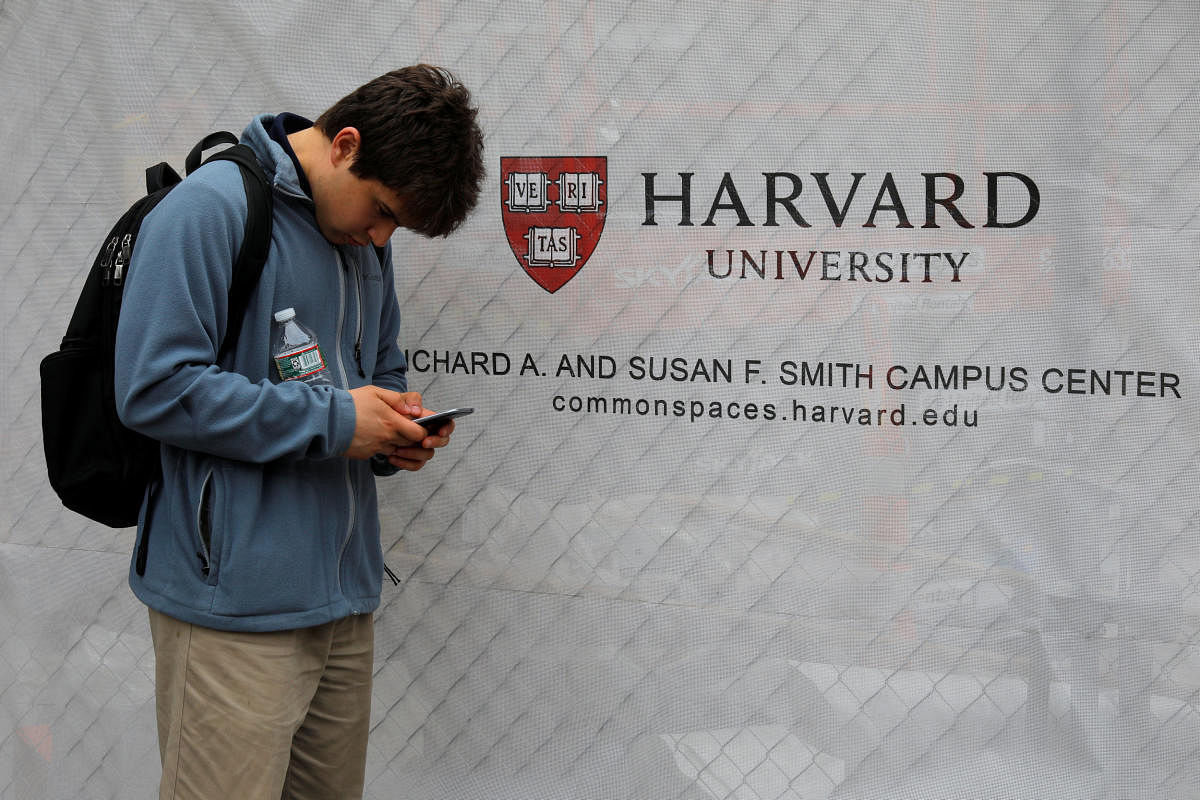
The US Immigration and Customs Enforcement (ICE) authorities announced on Tuesday that any student attending a university that offers only online classes must leave the country or face deportation.
The decision affects many students from Bengaluru, who could lose out a full year.
Pragya Handa, final year Master’s student at Tufts University, Massachusetts, says the first reaction of students like her was anger and frustration, followed by uncertainty.
The international relations and public policy student told Metrolife the decision makes no sense for the US either, as international students contribute significantly to the economy.
While Parsons University of Art and Design, New York, accommodates gap years and waives fees, student Vedika Kushalappa is not too convinced about online classes, as a lot of study is studio-based.
Pragathi Ravi was set to enroll at Georgetown University, Washington DC, next month for a Master’s course but has deferred her plans to 2021.
Many students are grappling with landlords who aren’t allowing any concessions on their rental agreements.
“I’ve leased an apartment in New York till June 2021 and I’m stuck paying the rent for it. The landlord threatened to sue me if I stopped paying or broke the lease without paying a fine of 14,000 dollars,” Vedika says.
Pragya has entered into a rental agreement valid till next year. “Before I left I had found another student to sublet the apartment to but he is also an international student, so now I have to figure out what to do,” she says.
It is worse for students stuck in the US. “Many of my friends have part-time jobs and internships and have to leave or risk deportation,” she says.
Pragya agrees. “As we’re graduate students, many are here with their family or have relocated completely, and others have spouses who are citizens. The issue is not as simple as a relocation for a semester,” she says.
US guidelines
Only those taking a combination of both online and offline classes will be allowed to stay in the United States. If their university switches to online classes completely, they will be given 10 days to leave or face deportation.
Apart from students who are currently enrolled, those joining in the Fall semester in universities offering online-only classes will not be issued visas. Even if they have visas, they will not be allowed to enter the country.
What now?
Pragathi had already taken a gap year after her Bachelors making this an extra year off. “If I knew it was going to be like this I would have done a Masters here as well. Now it’s too late to apply for fellowships also for the year,” she says.
Vedika was hoping to take up a job in India during the break but with the pandemic situation she fears that she will end up sitting at home for the next year. “I’m in the art and design field. While most of the work is digital, it requires a lot of physical interactions. Besides, I’m not even a college graduate, which makes getting an internship also difficult,” she says.
Pragathi who has been looking for jobs for over six months agrees that the situation is dire. She has been freelancing and hopes to continue that while on the lookout for research jobs.